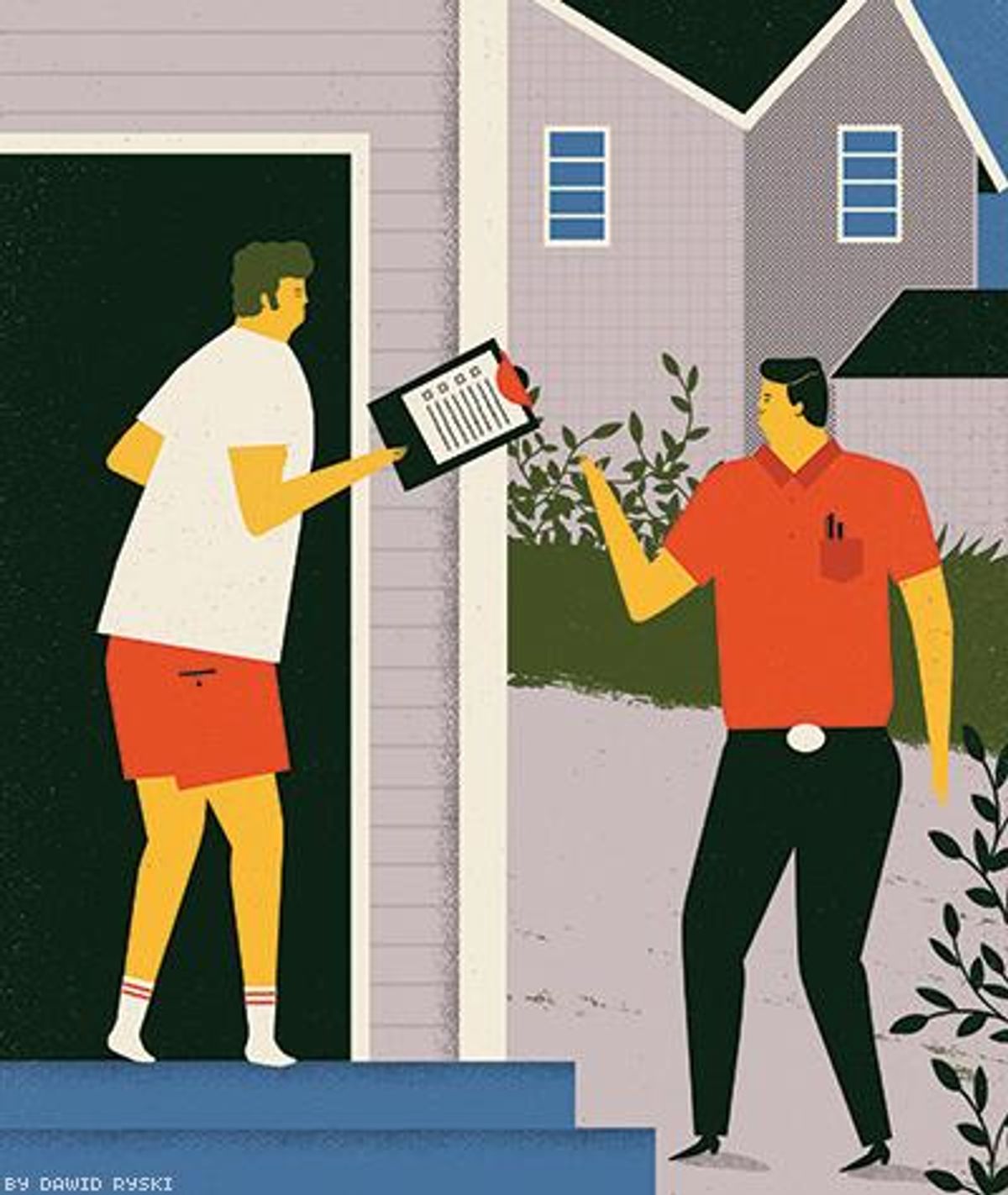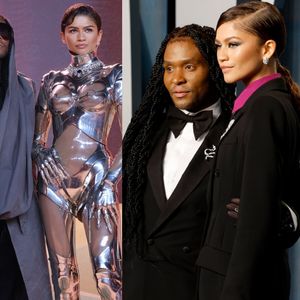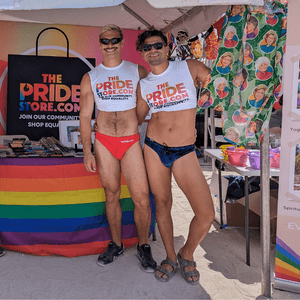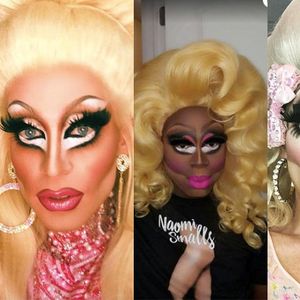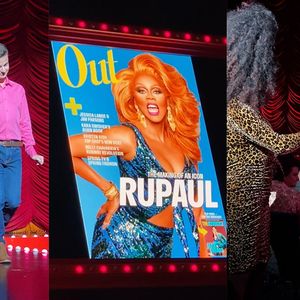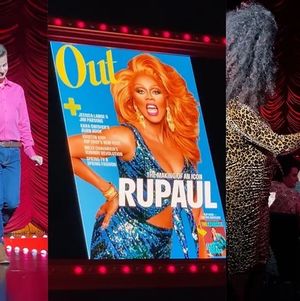In the summer of 2013, with Proposition 8 nearly half a decade old yet still a vivid memory, political scientists Donald Green and Michael LaCour designed a study to help the Los Angeles LGBT Center make the most out of its messaging. What they learned has broad implications for advocates of civil rights.
The notion that personal interaction between members of differing cultures can wear down the rough edges of prejudice is nothing new. Known as the contact hypothesis, this interaction is often the cornerstone of efforts to reduce hostility in communities wracked by racial or sectarian violence. The beneficial effects of personal interaction in reducing prejudices is undeniable, but outside a lab it can often be difficult to sustain contact between hostile communities long enough to dispel negative stereotypes and foster empathy. Green and LaCour proved that it could be done with a single conversation.
Green and LaCour selected participants from neighborhoods made up of single-family homes in precincts that voted in favor of Prop. 8, the 2008 ballot measure that revoked the right of gays and lesbians to marry in California. Forty-one canvassers (22 gay or lesbian, 19 straight) were trained in the delivery of two scripts; one script promoted marriage equality, and the other touted the benefits of recycling. Households were randomly assigned to one of four groups so that each received either the gay rights or recycling pitch, by either a gay or straight canvasser. The results were measured by online political questionnaires in the following months.
The researchers were able to show that a single conversation has the power change minds on divisive social issues, including same-sex marriage. But, crucially, the person making the appeal has to embody the issue being discussed for the change to take hold. Initially, participants visited by canvassers of both gay and straight canvassers demonstrated a large impact, but in follow-ups conducted three weeks, six weeks, and nine months after the initial contact, only those visited by gay canvassers showed a persistent shift in attitude.
Results were compared to the 2012 Cooperative Campaign Analysis Project, an online survey that collected data on a number of issues, including LGBT rights. At the beginning of the study, the average participants had scores comparable to a typical resident of Nebraska. Nine months later, they had an outlook on same-sex marriage on par with the average citizen of Massachusetts, a state markedly more progressive on the matter.
The study also showed strong evidence that the change in opinion can spill over to other members of their household, but only in the wake of conversations with gay canvassers. The appeal of the straight canvassers had no spillover effect.
The study does contain some potential blind spots; it likely did not include many lower-income potential participants, and was limited to California and views on marriage equality.
Still, the study's implications are potentially far-reaching. The most immediate and practical is application of resources. While a well-produced campaign video or celebrity endorsement is certainly an asset to an effort to sway public opinion, these results prove they aren't necessary. A single conversation with people willing to calmly and respectfully discuss the impact an issue has on them personally can have a cascade effect, changing not just one person's mind, but also the minds of those they live with. The limits to the secondary effect are not yet known.
This seems to reaffirm of a strategy that dates back to the days of gay liberation: coming out. All households saw an upswing in favorability toward gays and lesbians after the Supreme Court handed down its pro-equality rulings in June 2013. But the shift was huge in those who received the appeal for gay rights from a gay canvasser, compared with those that didn't. It seems to indicate that while legal victories have a certain power to diminish prejudice, nothing compares to the contagious empathy that comes from looking someone in the eye and hearing his or her story for yourself.
